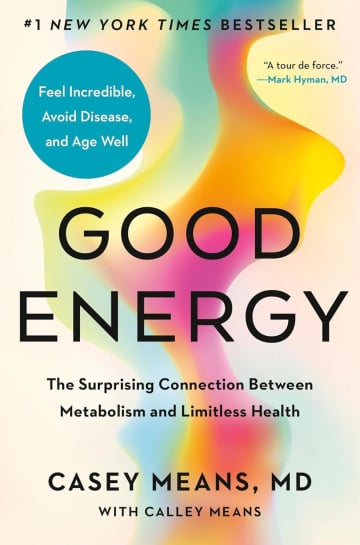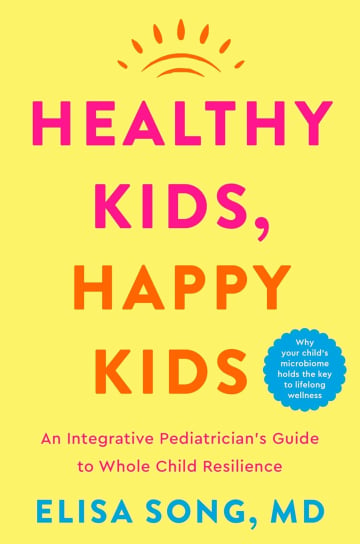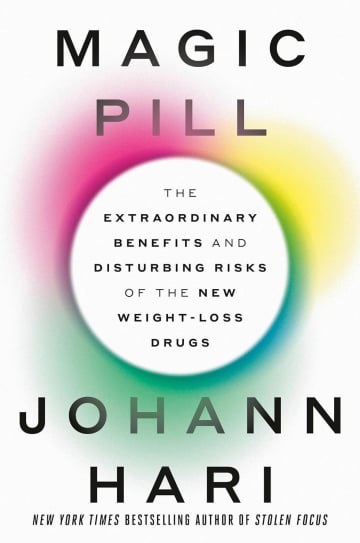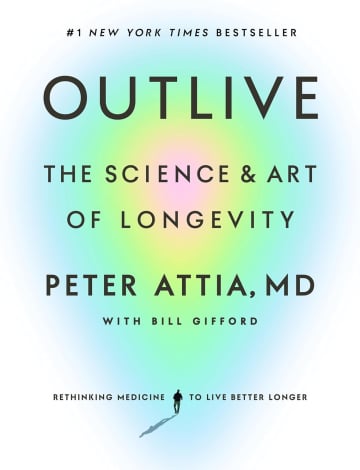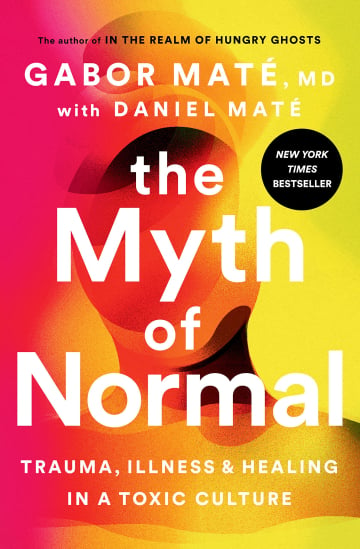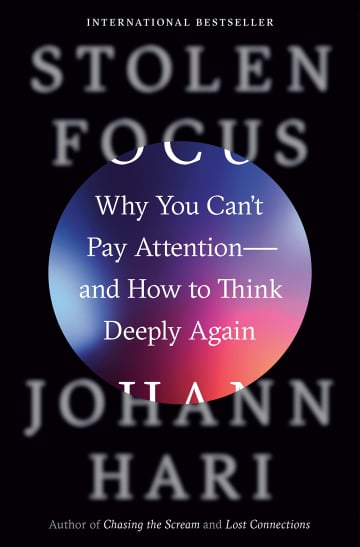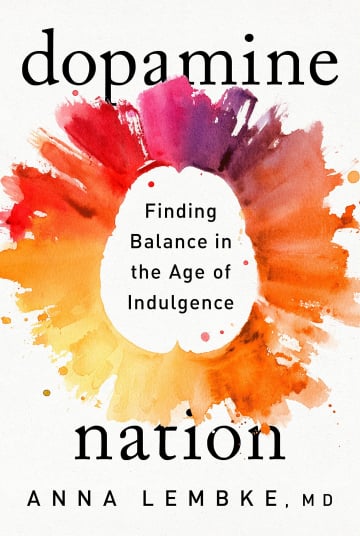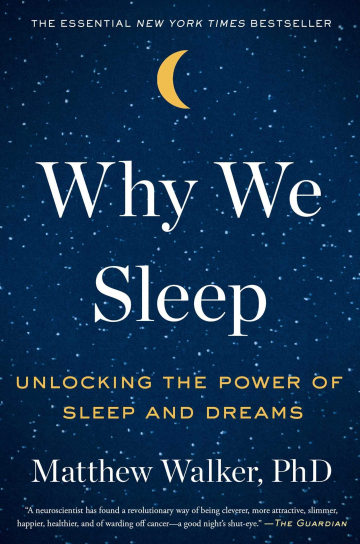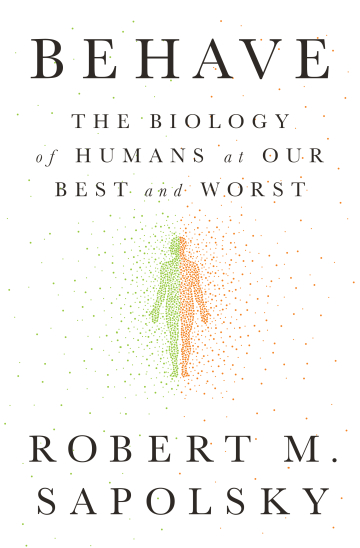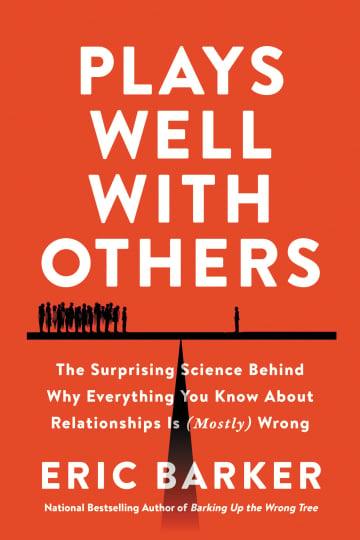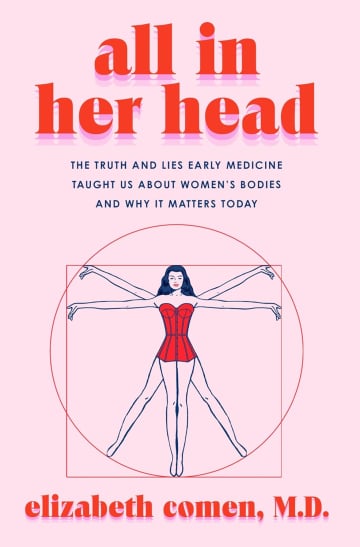
All in Her Head: The Truth and Lies Early Medicine Taught Us About Women's Bodies and Why It Matters Today
⚡️ 10 Quotes from the book
“Women remain underrepresented and overlooked in medical research, even though many treatments interact differently in a female body than in a male one.”
“Rather, it is to ask for a medical world that is more human, more holistic, more capable of seeing the patient as a whole person and not just a series of broken parts.”
“This book is a tribute to women’s lives: the ones they lived, the ones they’ve lost, and the ones they deserve.”
“The skeletal system in itself holds a unique place in our understanding of both medicine and mortality. In life, it gives shape and structure to the body; in death, eventually, it is all that remains.”
“And once it had been established that women were simply too fragile, whether anatomically or morally, to care for their health, the cure was obvious: they needed to cede control of their blood, their bodies, and their lives to men.”
“The culture of the early nineteenth century was suffused with visions of these terminally ill beauties, languishing on their sickbeds while those around them swooned with pity and desire.”
“In short, anything and everything that was “wrong” with women could be attributed to hysteria—and was, with wild abandon.”
“The result is a world in which women are taught for years that their bodies are frightening, unknowable, and uncontrollable—but also that pregnancy is both their responsibility to avoid, as well as to be avoided at all costs—and expected to get on the pill almost automatically.”
“One of the essential qualities of the clinician is his interest in humanity, for the secret of the care of the patient is in caring for the patient.”
“The fact that we no longer demonize women as spreaders of contagion or institutionalize them for being difficult is a start, not a finish. I believe there is room for a medical system that balances efficiency with humanity. That values doctors who nurture as much as it values the ones who discover.”
Related videos
Follow the author

Dr. Elizabeth Comen is a medical oncologist specializing in breast cancer at Memorial Sloan Kettering Cancer Center in New York City. She also serves as an assistant professor of medicine at Weill Cornell Medical College. Dr. Comen holds a BA from Harvard College and an MD from Harvard Medical School.
Publications
The New York Times: A Brief History of Sexism in Medicine
Ask Albert:
Rate the book
⚡️ Discover Even More Bookish Wisdom
recommends
recommends
recommends
